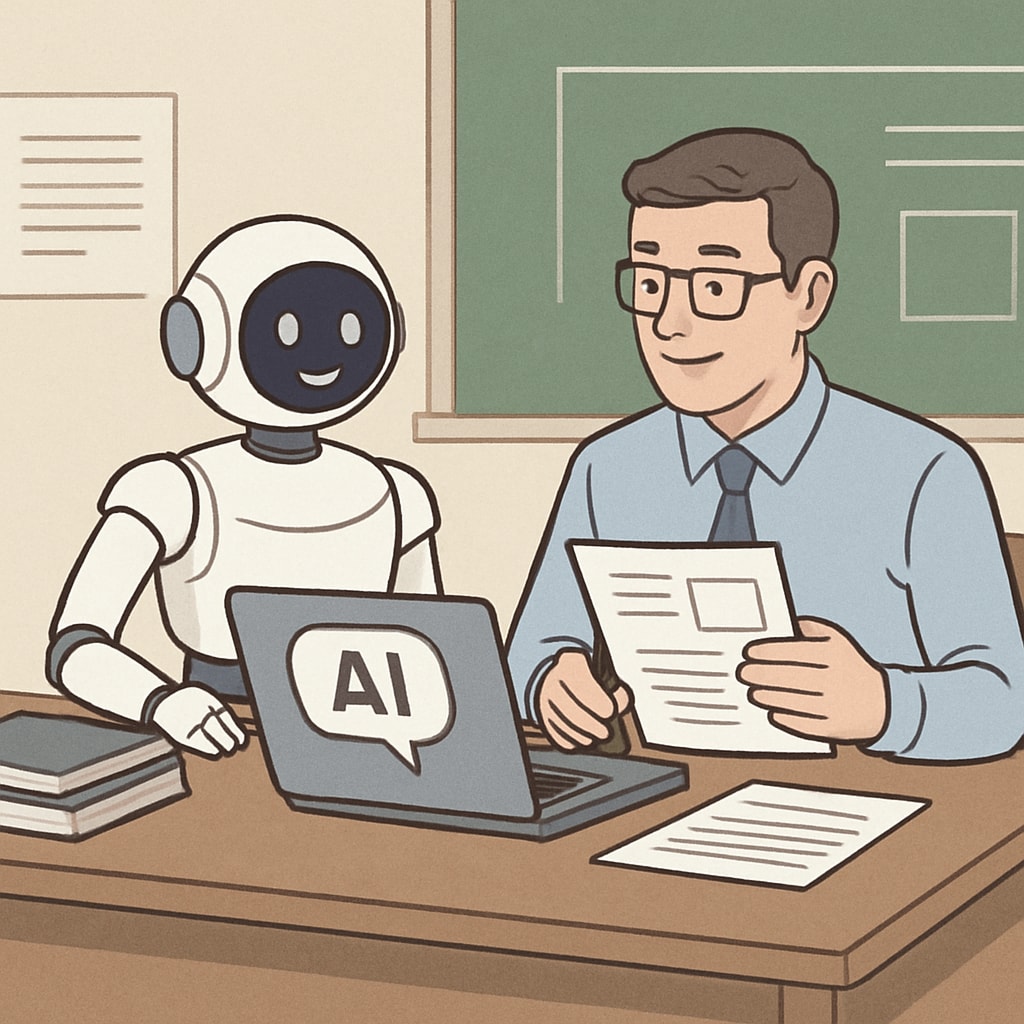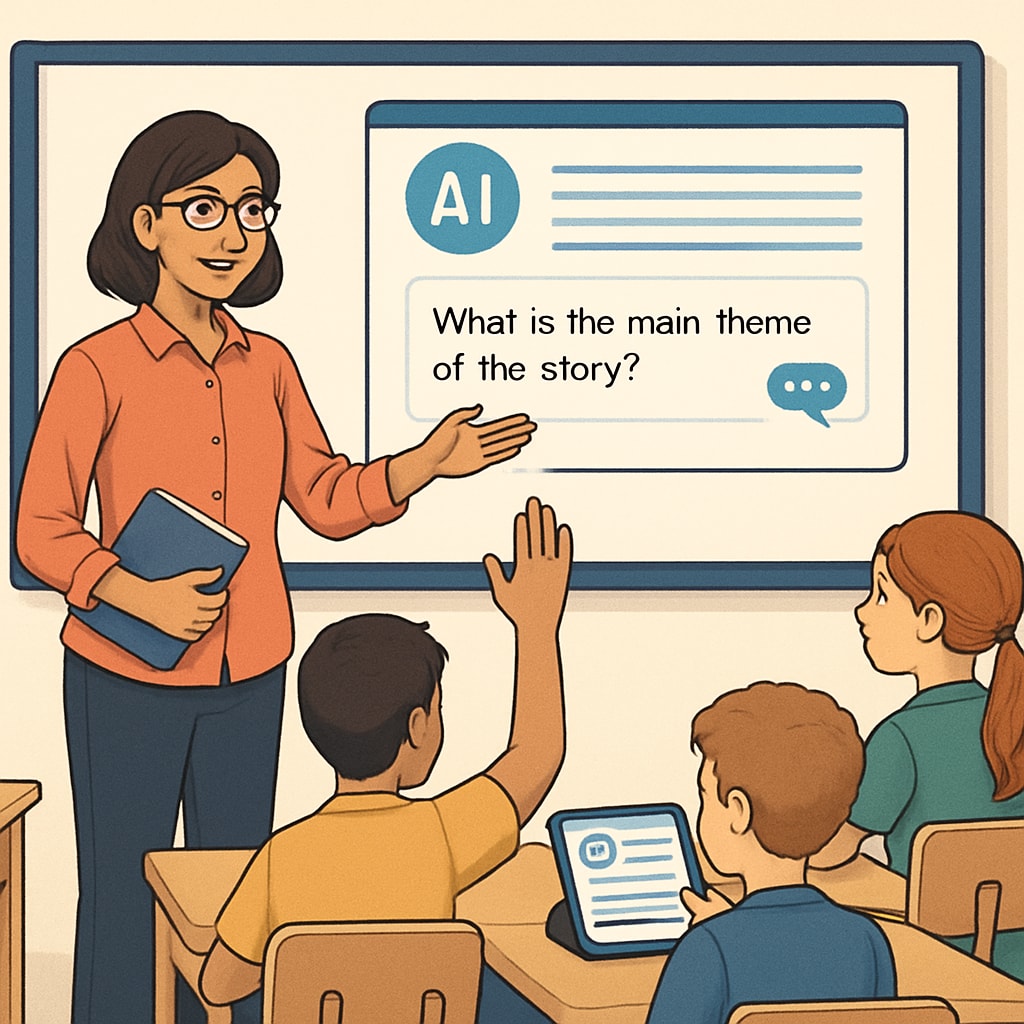The rise of AI education applications, such as Google Gemini, has introduced significant changes to the teaching profession. These tools promise to streamline educational processes and enhance learning outcomes. However, they also challenge the traditional roles of teachers, raising concerns about professional value and fair compensation. As AI becomes increasingly integrated into classrooms, educators must adapt their technical skills and redefine their role to remain indispensable.
The Role of AI in Revolutionizing Education
AI tools are transforming the educational landscape by automating tasks previously handled by teachers. For example, AI-powered platforms can grade assignments, personalize learning experiences, and identify student weaknesses through predictive analytics. This shift enables educators to focus on more creative and interpersonal aspects of teaching, such as mentoring and fostering critical thinking.
One prominent AI application, Google Gemini, exemplifies these advancements. Gemini combines natural language processing and machine learning to support student learning in real-time. With tools like this, the efficiency of classroom management improves, but the reliance on AI also reduces the need for certain traditional teaching tasks.

Challenges in Teacher Value and Compensation
Despite the benefits AI brings to education, it has sparked debates about the value of teachers in an AI-driven classroom. If AI can perform tasks traditionally associated with teaching, such as lesson planning and grading, the perception of a teacher’s role might shift. This could lead to undervaluing their contributions, particularly in areas where emotional intelligence and mentorship are irreplaceable.
Additionally, compensation structures may not reflect the evolving responsibilities of educators. Teachers must acquire technical skills to operate and integrate AI tools effectively, yet these added competencies are often overlooked in salary negotiations. As a result, many educators feel underappreciated and underpaid for the additional expertise they bring to their role.

Finding Balance: Redefining Teacher Roles in the AI Era
To navigate these challenges, teachers need to emphasize their unique contributions that AI cannot replicate. Emotional intelligence, adaptability, and the ability to inspire students are qualities that remain essential in education. By focusing on these strengths, educators can establish themselves as invaluable assets in an AI-enhanced learning environment.
Furthermore, institutions must reevaluate compensation models to account for the additional technical skills required to work alongside AI tools. Advocacy for fair pay and professional development opportunities is crucial to ensure teachers remain motivated and supported. For example, partnerships between educators and technology developers can help create training programs that empower teachers to thrive in the AI era.
In addition, policymakers should consider the long-term implications of AI on the teaching profession. Establishing guidelines for ethical AI use in classrooms and ensuring that teachers have a voice in decision-making processes will be vital for sustainable integration.
The Future of Education: Collaborative Growth
While the integration of AI in education poses challenges, it also offers opportunities for growth. By redefining their roles and advocating for fair compensation, teachers can work alongside AI to create a more dynamic and effective learning environment. Collaboration between educators, technology developers, and policymakers will be key to ensuring that AI enhances rather than diminishes the value of teaching.
As a result, the teaching profession may evolve into a hybrid model where human educators and AI tools complement each other. This shift could lead to more personalized and efficient educational experiences, benefiting both teachers and students alike.
In conclusion, AI tools like Google Gemini are reshaping education, but they also demand a reevaluation of teacher value and pay. By focusing on strengths that AI cannot replicate and advocating for fair compensation, educators can position themselves as indispensable contributors to the future of learning.


